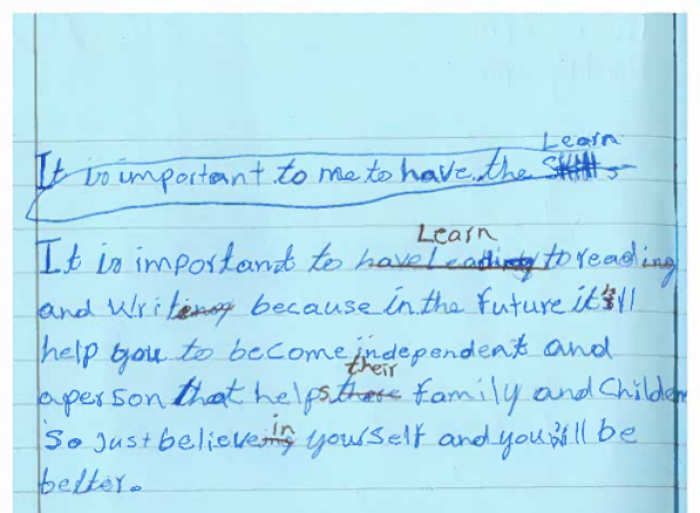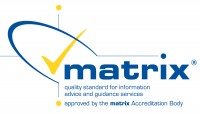Improving Literacy and Celebrating Difference at HMP Morton Hall

Recent studies suggest half of prisoners may have some form of neurodivergence and neurodivergent individuals often face unemployment, with estimates of 30-40% being unemployed at any given time. Our reading agenda looks to address these disparities head on. We employ Neurodiversity & Reading Specialists and use 'That Reading Thing' (TRT), a ‘linguistically-based, phonetically accurate and meticulously organised linguistic phonics programme’ among inmates with poor literacy skills in all 22 of the prisons where we deliver education.
We have worked to implement TRT in both our classrooms and workplace environments within the prisons – offering specialist training not just to PeoplePlus colleagues, but Ministry of Justice colleagues as well – to ensure the programme is fully embedded. This enables inmates to receive daily sessions tailored to their unique learning needs, fostering not just literacy skills but also confidence and self-esteem.
As Neurodiversity Celebration Week concludes, we are able to share three examples of how TRT, our reading agenda and our Reading Specialist at HMP Morton Hall have made a real difference to the lives of three men.
Tony was diagnosed with dyslexia at school. He struggled with reading and writing, lacking confidence and was unsure of letter sounds. Upon coming to HMP Morton Hall, he was really enthusiastic about the opportunity to learn. Through 14 dedicated sessions, Tony's Reading Specialist guided him through, building his confidence, often supporting his frustrations with his spelling, using phonics sounds, flashcards, and letter tiles, igniting a passion for reading that he never thought possible. Tony is now reading for pleasure. He has read two Harry Potter books, something which he tells our Reading Specialist ‘he never thought he would be able to do.’ He is also able to write to his mum whilst in custody. Most importantly he is an advocate for the reading intervention and the positive impact reading can have.
For Mike, dyslexia hindered his education at school, and he would often skip classes, finally getting excluded at 15. At HMP Morton Hall he expressed an interest in wanting to improve his literacy levels. With the guidance of his Reading Specialist, Mike started with the basics of the alphabet and CVC words, slowly using letter tiles. He was also provided with light blue paper to write on, which is the optimal for those with dyslexia.
Within two sessions he had completed Level 3 of TRT and started reading a book based on self-employment (previously expressing a desire to start his own business when released). After a month and 10 sessions with the Reading Specialist Mike was able to read to his daughter via a video call for the first time ever. He’d never been able to do this before and it’s a real testament to his new-found literacy skills.
Our third learner Simon demonstrates how reading has impacted his art skills. Simon has ADHD and finds it very hard to concentrate. He had been engaging excellently within the art class and had requested some support materials to improve his handwriting and reading skills. This has enabled him to show a significant improvement with concentration and focus and he has gone above and beyond during art class, and taken leadership with new projects. He entered himself in the National Storytelling Week competition earlier this year and achieved first place for his adapted story from The Gruffalo, which he will try and read to his children via ‘Storybook dads’. He now wishes to become a mentor within the art class, providing support to his peers where needed.
Our efforts to address literacy challenges within prisons are reflective of our broader commitment to inclusivity and creating social value. By providing tailored interventions such as TRT and fostering supportive environments for learning, we not only equip inmates with essential literacy skills but also pave the way for rehabilitation, family reconnection, and personal development. As we continue to navigate the intersection of neurodiversity and incarceration, we will continue we prioritise targeted interventions to ensure that no individual is left behind.








